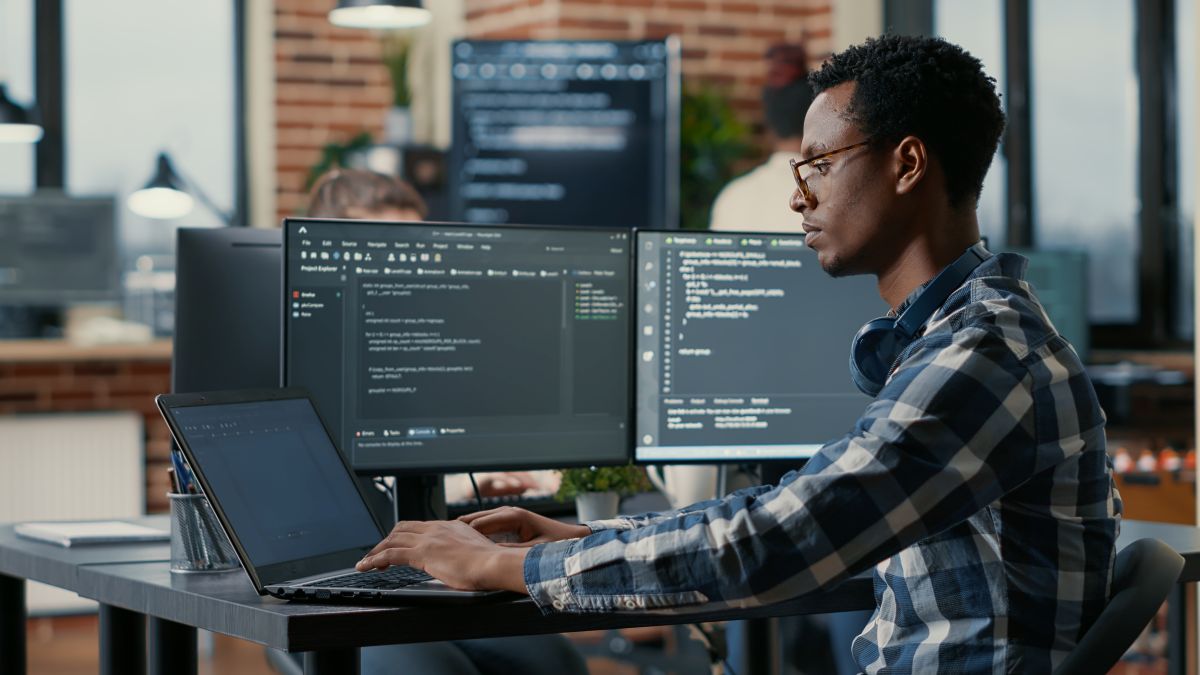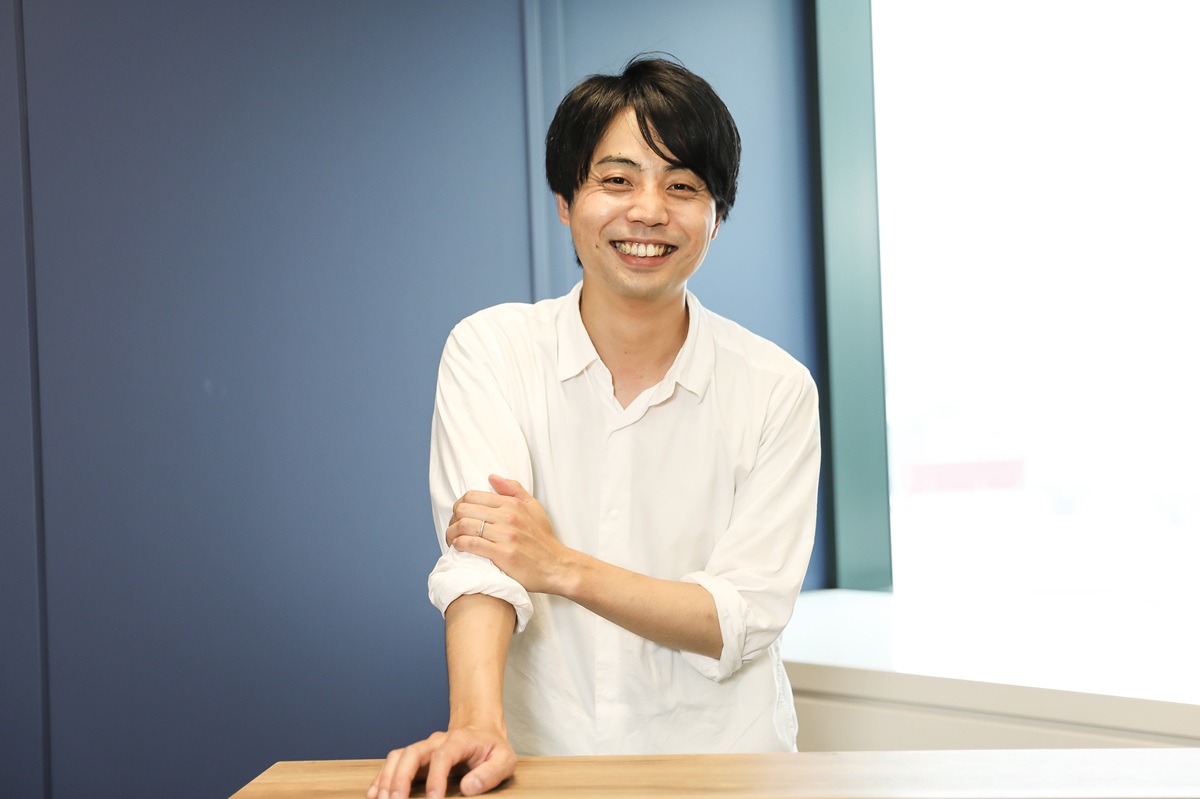
"Past experiences are no guide to the future."
– Fujitsu’s President Tokita, speaking at our ActivateNow virtual event last week.
This may seem like an alarming statement, but it actually highlights one of the most important business opportunities to arise from this year’s workplace disruption: innovation.
Faced with the challenges of business continuity and employee safety, businesses have been asking us for speed and agility. And this has unearthed the chance for businesses to use technology to challenge the familiar, which is resulting in positive transformations and improvements.
Digital transformation has accelerated everywhere.
In New Zealand, Fujitsu worked with the Department of Conservation to set up 2000 virtual workplaces in just three days.
In the UK, we installed 1400 laptops to the energy company, Centrica, in a mere weekend.
These are just examples, we’ve been doing this over and over this year, in all regions.
And in Japan, we installed a chatbot in local governments to tackle the increased demand for information, and offer a 24-hour service. We delivered a similar service for a major UK bank that again in response to unprecedented customer demand.
All these individual success stories demonstrate proactiveness and urgency in their actions. But collectively they signal a sense of optimism in using technology to not just overcome problems but increase success rates significantly.
For me, as well as many of my Fujitsu colleagues, the opportunity for businesses to innovate in a way that benefits society also lies in this step-change.
Activating a sustainable future now
While the rapid adjustments to businesses may have initially been made due to the challenges of COVID-19, they’re not a temporary quick fix. The outcome has pushed many businesses closer to their digital transformation plans, just at a faster rate than anticipated.
Now they’ve reached a more mature level of digitization, where they’re able to innovate and scale at speed. So the question that needs to be asked, as President Tokita pointed out in his keynote, is how do we make these changes sustainable?
There are many good examples of why the innovations of the pandemic need to be sustainable, particularly in the manufacturing sector. Centralized manufacturing and global supply chains have become fragile, which has caused frustrating knock-on effects.
Some businesses have seen demand skyrocket but haven’t been able to provide products in time. Others have seen a decline in sales which has meant production needs to be adjusted quickly to avoid surplus.
One business that’s worked with Fujitsu to adjust rapidly to these changes is Mars Petcare. It implemented a strong cloud strategy and infrastructure to enable the majority of their staff to work from home.
With the agility this brought they were able to quickly roll out a business-to-consumer offering to supplement the lack of footfall into physical pet stores and continue to supply animal hospitals. In 15 days the company was able to launch and scale this project into France, Germany, Mexico, and Argentina.
This is the perfect example of how a quick reaction to the challenges of the pandemic has opened a realm of opportunities. The company was able to evolve its management system and reimagine a future with better agility and scale.
Would they really go back, now they’ve got here?
I’ll leave you with a quote from Miao Song, Global CIO at Mars Petcare to answer that question.
"The future is unpredictable but bright. The current situation actually offers a lot of opportunities of using technology to make a difference, and to make a fundamental difference in everybody’s life."
To learn more about what these opportunities might mean for your business, our entire ActivateNow event is now available on-demand. Start your journey here.











